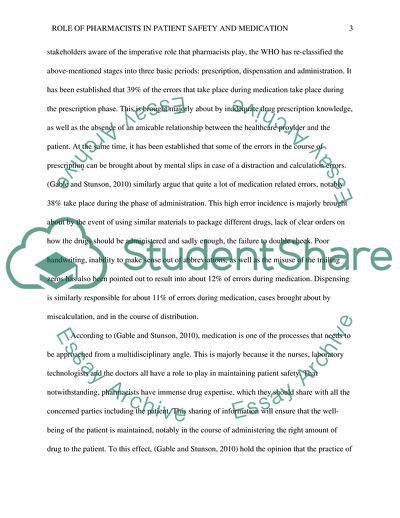Cite this document
(Pharmacist's Impact in Patient Safety and Medication Use Essay, n.d.)
Pharmacist's Impact in Patient Safety and Medication Use Essay. https://studentshare.org/medical-science/1844540-the-role-of-the-pharmacist-in-patient-safety-and-medication-use-in-saudi-arabia-and-in-comparison-with-the-uk
Pharmacist's Impact in Patient Safety and Medication Use Essay. https://studentshare.org/medical-science/1844540-the-role-of-the-pharmacist-in-patient-safety-and-medication-use-in-saudi-arabia-and-in-comparison-with-the-uk
(Pharmacist'S Impact in Patient Safety and Medication Use Essay)
Pharmacist'S Impact in Patient Safety and Medication Use Essay. https://studentshare.org/medical-science/1844540-the-role-of-the-pharmacist-in-patient-safety-and-medication-use-in-saudi-arabia-and-in-comparison-with-the-uk.
Pharmacist'S Impact in Patient Safety and Medication Use Essay. https://studentshare.org/medical-science/1844540-the-role-of-the-pharmacist-in-patient-safety-and-medication-use-in-saudi-arabia-and-in-comparison-with-the-uk.
“Pharmacist'S Impact in Patient Safety and Medication Use Essay”. https://studentshare.org/medical-science/1844540-the-role-of-the-pharmacist-in-patient-safety-and-medication-use-in-saudi-arabia-and-in-comparison-with-the-uk.


